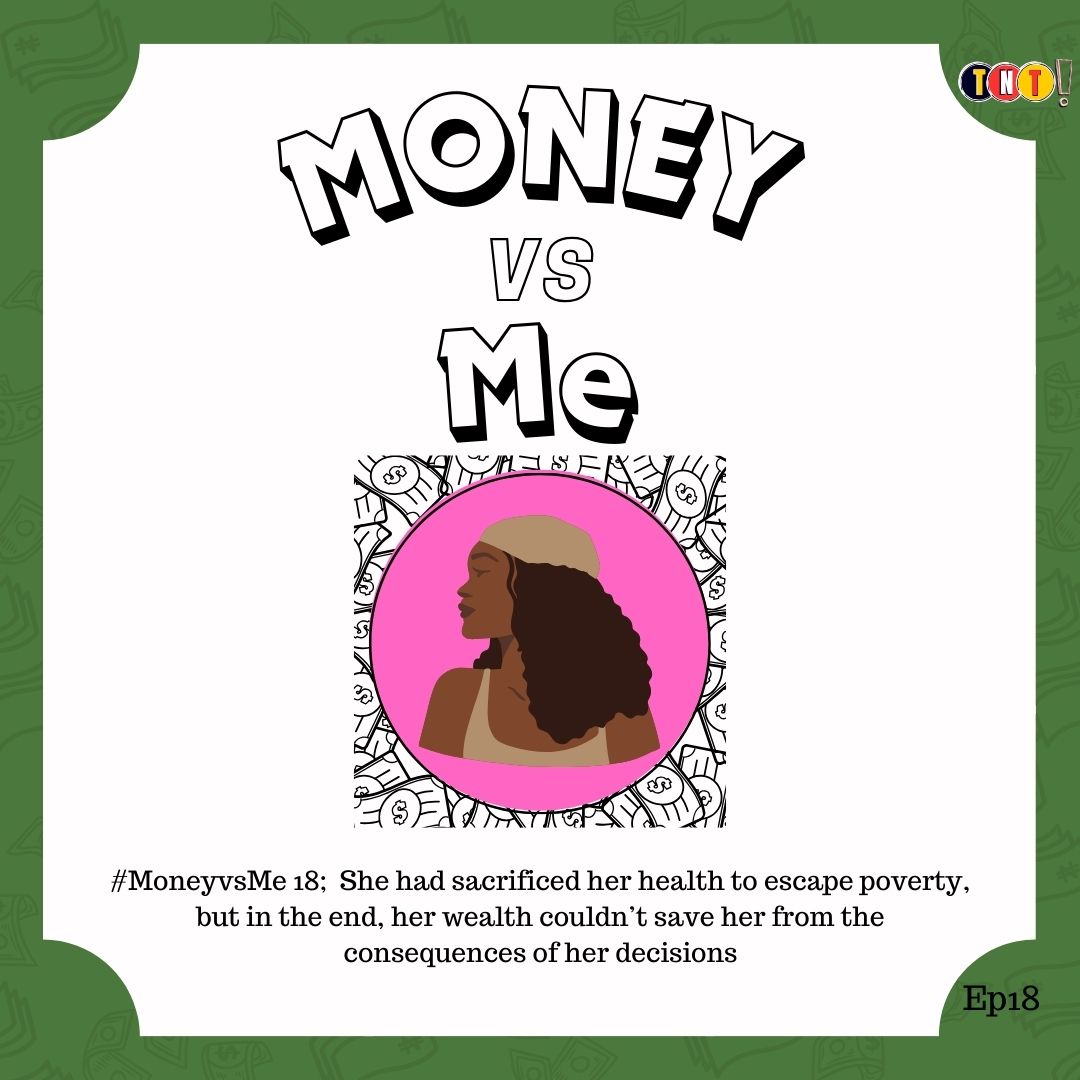
Why People Love True Crime Stories
True crime stories have become a cultural phenomenon, captivating millions of people around the world. From podcasts and documentaries to books and TV shows, the genre’s popularity is undeniable. But what drives this fascination with the dark side of human behavior? Here’s a deep dive into why people love true crime stories:
The Thrill of the Unfamiliar
True crime stories often expose us to situations that are far removed from our everyday lives. The suspense and danger present in these tales provide a thrilling escape from the mundane. By delving into the minds of criminals, we experience the adrenaline rush of danger without any real-world consequences.
A Glimpse into the Human Psyche
People are inherently curious about what drives others to commit heinous acts. True crime stories offer a window into the complexities of the human psyche, exploring themes of morality, guilt, and the darker aspects of human nature. This curiosity about why people do what they do is a powerful motivator for audiences.
The Puzzle-Solving Appeal
True crime often involves intricate plots, clues, and mysteries that need to be unraveled. The process of piecing together evidence, understanding motives, and solving the puzzle appeals to our natural desire for problem-solving. This interactive element keeps people engaged and eager to figure out the “whodunit” before the story reveals it.
The Desire for Justice
Many true crime stories focus on the pursuit of justice, whether it’s catching the perpetrator or exonerating the innocent. This aspect of the genre appeals to our innate sense of right and wrong. Watching justice being served, or the struggle to achieve it, satisfies a deep-seated need for fairness.
The Comfort of the Known
Paradoxically, true crime can offer a sense of comfort. By learning about criminals and their methods, people feel more equipped to recognize and avoid danger in their own lives. The knowledge that law enforcement is actively working to catch criminals can also provide a reassuring sense of safety.
Morbid Curiosity
Humans have always been drawn to the macabre. This morbid curiosity is a natural part of our psychology, rooted in an evolutionary desire to understand threats and dangers. True crime stories allow us to explore the gruesome and terrifying aspects of life from a safe distance, satisfying this curiosity.
The Social Connection
True crime has become a shared cultural experience, with fans discussing cases, theories, and new developments in online forums, social media, and podcasts. This sense of community around a shared interest creates a bond among fans, making the genre even more appealing.
Exploring the “What Ifs
True crime allows people to confront their fears in a controlled environment. By engaging with these stories, viewers and readers can explore hypothetical scenarios and imagine how they would react if faced with similar situations. This exploration of “what ifs” can be both terrifying and reassuring.
The Influence of Media
The Media plays a significant role in shaping our fascination with true crime. Sensationalized news coverage, dramatic reenactments, and in-depth documentaries keep these stories in the public eye. The more exposure we have to these narratives, the more ingrained our interest becomes.
A Reflection of Society
True crime stories often reflect broader societal issues, such as systemic corruption, social injustice, and the failings of the criminal justice system. By engaging with these stories, people can gain insight into the challenges and complexities of the world around them, prompting critical reflection and discussion.
The love for true crime stories is a multifaceted phenomenon, driven by a mix of psychological, social, and cultural factors. Whether it’s the thrill of the chase, the exploration of the human mind, or the quest for justice, true crime offers something that resonates deeply with audiences. While the content may be dark, the reasons behind its appeal are deeply human.



